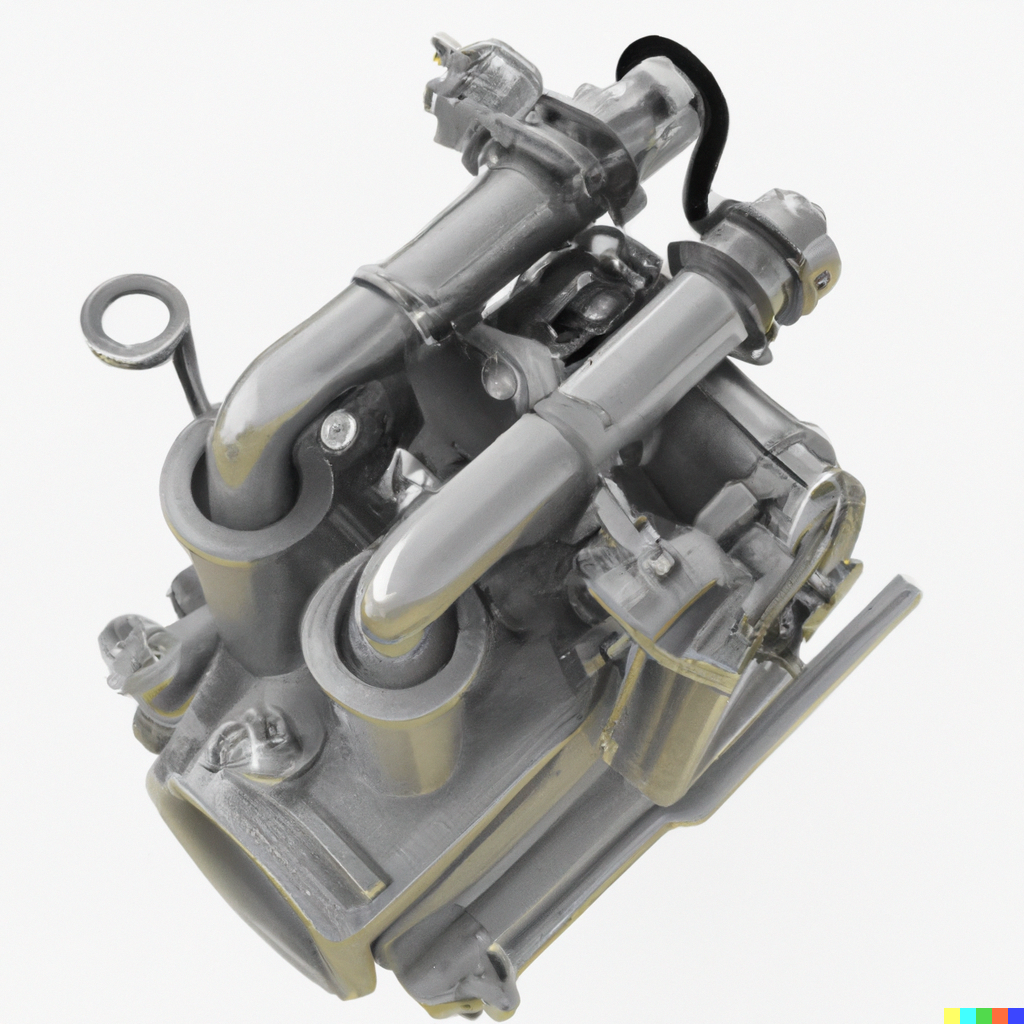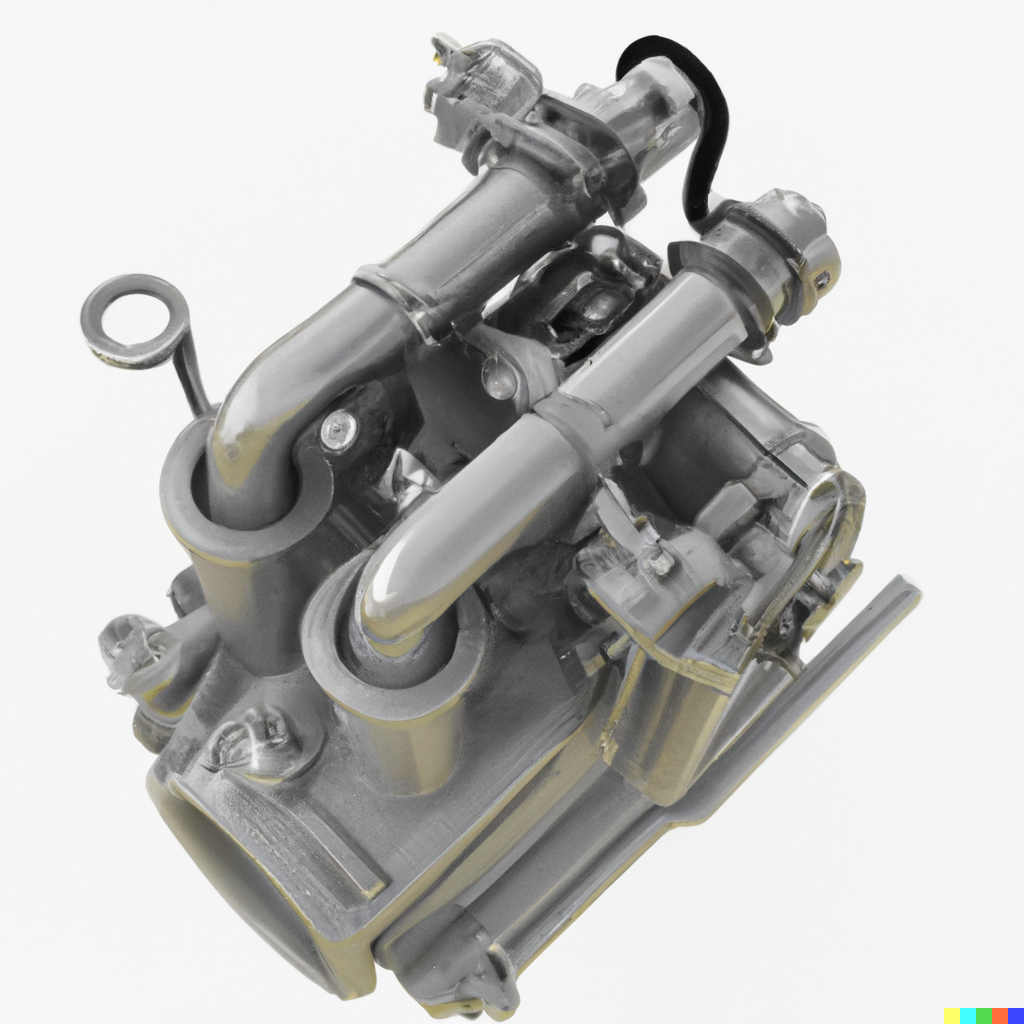Vehicles driven by hydrogen fuel cells are gaining popularity as an environmentally friendly and economically viable replacement for conventional internal combustion engine cars. Okay, but how do they function? Hydrogen fuel cell vehicles rely on an integral component known as a hydrogen combustion engine.

Most gasoline engines get their power from internal combustion. On the other hand, hydrogen combustion engines get their power from a chemical reaction between hydrogen and oxygen. The fuel cell’s anode and cathode electrodes are separated by an electrolyte, where the reaction occurs.
HYDROGEN Combustion Engine: The Science behind it
Hydrogen gas is broken down into protons and electrons when it runs over an anode. Electrons are pushed through an external circuit, while protons go freely through the electrolyte. Hydrogen and oxygen atoms from the anode react with the gaseous oxygen flowing across the cathode to produce water. Electricity is produced by the chemical process, which may then be utilized to run the vehicle’s motor.
Hydrogen-combustion engines are highly efficient, one of their key benefits. With just water as a result of the chemical process, hydrogen fuel cell vehicles is a green and sustainable mode of transportation. Hydrogen fuel cell cars are also incredibly efficient, with some reaching up to 60% efficiency compared to the average 20–30% efficiency of conventional gasoline engines.
What are the benefits of the HYDROGEN Combustion Engine?
Quick refueling is just another perk of hydrogen combustion engines. Hydrogen fuel cell vehicles can have their tanks refilled in a matter of minutes, while electric vehicles’ batteries might take several hours to recharge. Because of this, they are a reasonable option for cross-country excursions.
Compared to conventional gasoline engines, hydrogen combustion engines are superior in terms of environmental friendliness, efficiency, and practicality. The number of hydrogen fuel cell vehicles on the road is expected to increase as the need for environmentally friendly transportation grows.
Comparing HYDROGEN Combustion Engine with EV motors
Compared to conventional electric vehicles, hydrogen fuel-cell automobiles offer several advantages (EVs). The short time needed to refuel is a major benefit. Unlike electric vehicles, which can take hours to recharge their batteries, hydrogen fuel cell vehicles can have their tanks refilled in only minutes. Because of this, they are a reasonable option for cross-country excursions.
You might also love to read about Kevin McCarthy’s Biography, Net Worth, Career, and FAQs
The increased driving distance made possible by hydrogen fuel cell technology is another plus. Hydrogen fuel cell vehicles can drive longer than electric vehicles on a single tank of fuel. Those who often engage in lengthy periods of driving, such as on vacation or for their daily commute, may find this particularly helpful.
Hydrogen fuel cell cars are very efficient, in addition to being fast to refill and having a great driving range. Compared to the average 20-30% efficiency of ordinary gasoline engines, hydrogen fuel cell cars may attain up to 60% efficiency.
The promising technology behind it
Last but not least, hydrogen fuel cell vehicles are completely emission-free, making them a green means of transportation. More and more individuals are trying to find methods to lessen their contribution to global warming as they become increasingly worried about the potential consequences of doing nothing. Hydrogen fuel cell cars provide a solution to this problem while retaining the practicality and efficiency of conventional automobiles.
Compared to conventional electric vehicles, hydrogen fuel cell vehicles have several benefits. They are a promising technology that is likely to grow in popularity over the next several years because of their rapid refueling time, great range, efficiency, and lack of pollutants. To that end, it is undeniably preferable to ev standard.
Cars utilizing HYDROGEN Combustion Engine in 2023
There are a number of cars currently on the market that use hydrogen fuel cells as their primary power source. Some examples include:
- Toyota Mirai – The Toyota Mirai is a popular hydrogen fuel cell vehicle that has been on the market since 2014. It has a range of around 312 miles on a single tank of hydrogen and can be refueled in about five minutes.
- Honda Clarity – The Honda Clarity is another popular hydrogen fuel cell vehicle. It has a range of around 366 miles on a single hydrogen tank and can be refueled in about five minutes.
- Hyundai Nexo – The Hyundai Nexo is a newer hydrogen fuel cell vehicle that was introduced in 2018. It has a range of around 380 miles on a single tank of hydrogen and can be refueled in about six minutes.

